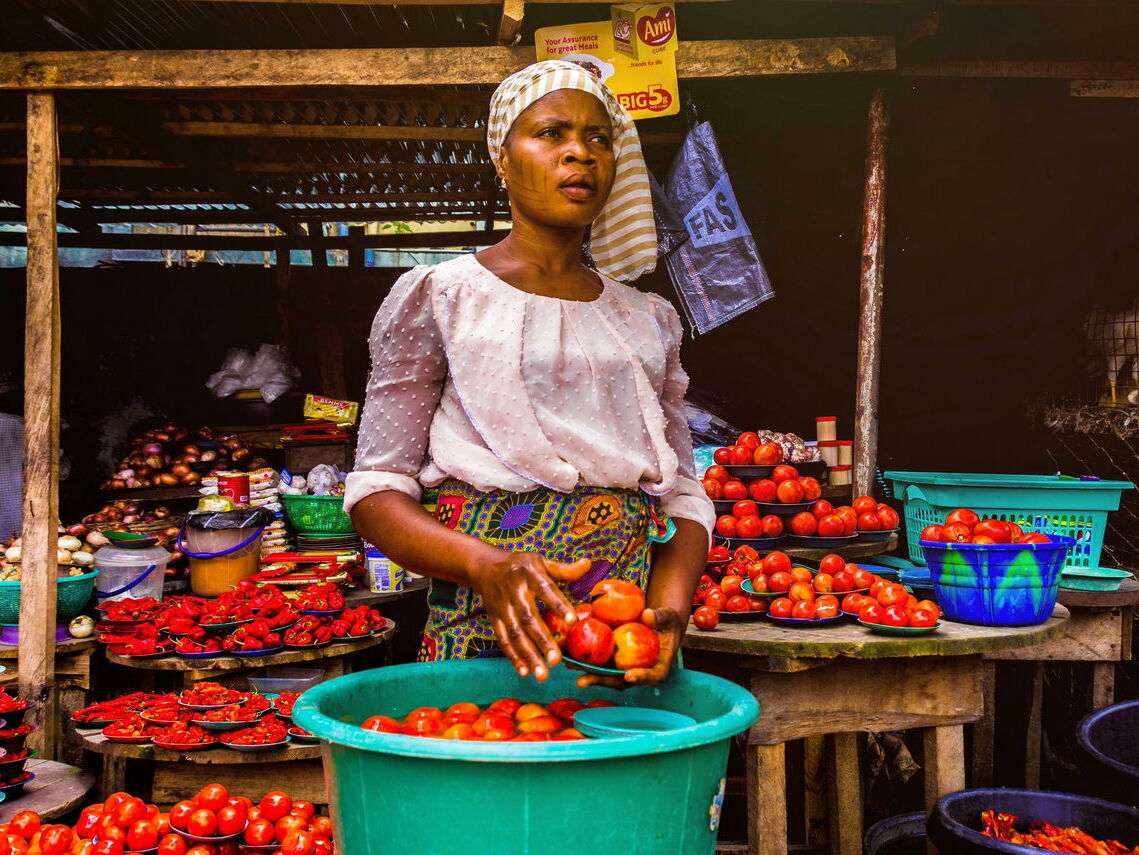In many rural areas of Africa, subsistence agriculture is dominant; that is, the production goal is largely self-sufficiency to ensure the livelihood of a family or a small community. In many areas, this livelihood is at risk due to inadequate water supply, lack of technical expertise, and uncertain sources of income for the farms. Often, this situation is exacerbated by unsustainable agriculture. The consequence is the migration of the population from rural areas to urban areas.
Climate change in particular has a negative impact on agricultural production in water-scarce regions of Africa. Efficient water use within agriculture is thus a key factor in strengthening rural areas. The establishment of a circular bioeconomy holds considerable potential for the socio-economic and environmental sustainability of agricultural structures. Smallholder farmers play a crucial role in addressing the challenges of food security, poverty alleviation, and climate change. The DIVAGRI research project, therefore, targets smallholder farmers in rural sub-Saharan Africa, who account for 80 percent of all farms in the region and contribute up to 90 percent of food production in rural areas.
Coordinated by the Robert Schmidt Institute at Wismar University of Applied Sciences, the project brings together a total of 21 European and African partners, including universities, companies and NGOs. It is funded by the EU Horizon 2020 programme with around 9 million euros.
Project coordinator: Wismar University of Applied Sciences: Sebastien Clerc-Renaud

![[Translate to English:] [Translate to English:]](/storages/hs-wismar/_processed_/f/d/csm_Vorlage_Kopie_2a57e67526.jpg)